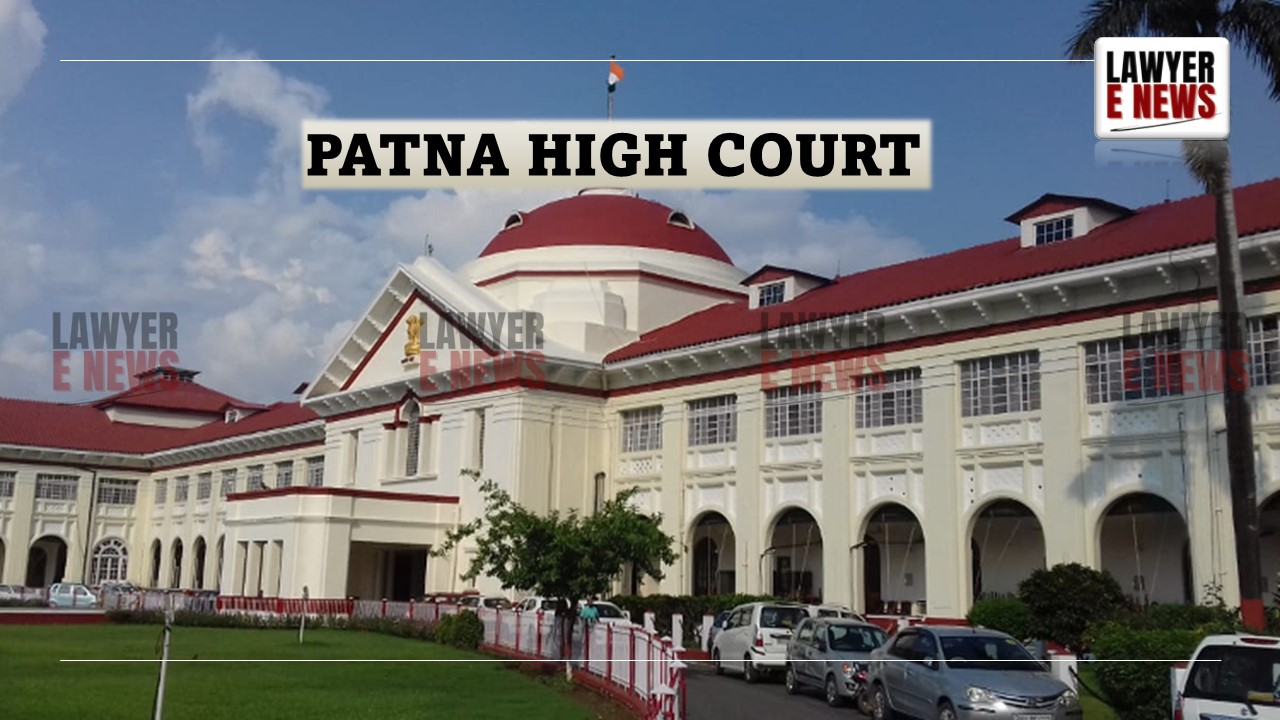-
by sayum
14 February 2026 2:22 PM



Patna High Court dismissed an appeal in Akhileshwar Prasad Singh v. The Regional Manager, State Bank of India & Ors., holding that the appellant failed to provide a reasonable explanation for the delay in filing under Section 17 of the SARFAESI Act, 2002. The court criticized the appellant's casual approach and vague justifications for failing to meet the statutory 45-day deadline, affirming the orders of both the Debt Recovery Tribunal (DRT) and the Single Judge.
The case arose from proceedings under the SARFAESI Act after the loanee (respondent no. 5) defaulted on a loan, resulting in the mortgaged property of the appellant, who stood as a guarantor, being auctioned. The appellant filed a writ petition (CWJC no. 7236 of 2011) seeking to prevent coercive actions by the State Bank of India. The Patna High Court disposed of the petition in 2016, granting the appellant liberty to approach the DRT. However, the appellant delayed filing his appeal before the DRT, leading to its dismissal on August 28, 2018. The appellant subsequently challenged the dismissal in CWJC no. 4310 of 2019, which was also rejected.
The primary issue was the appellant's failure to file an appeal within 45 days, as required by Section 17 of the SARFAESI Act. Despite the liberty granted by the High Court, the appellant delayed filing by over five and a half months.
The appellant argued that his delay was due to being dispossessed of his house and relocating to Delhi, where he was unaware of the court's order. However, the court found the explanations vague and lacking in material details, stating:
"The appellant acted in a very casual manner, even as per his own admission he did not provide the relevant documents for filing the appeal to his counsel till May 2017."
Justice Partha Sarthy, delivering the judgment, upheld the findings of the DRT and the Single Judge, emphasizing the statutory timeline for appeals under the SARFAESI Act. The court noted that the appellant was informed of the 2016 order but failed to take timely action. The court found the explanations for the delay unconvincing and stated:
"The explanations furnished by the appellant besides being vague and unsubstantiated are lacking in material details with no dates whatsoever."
The court dismissed the appeal, concluding that there was no merit in the appellant’s argument for condonation of the delay.
The Patna High Court's dismissal highlights the importance of adhering to statutory timelines under the SARFAESI Act. The court found the appellant's delay in filing unjustifiable, reinforcing that casual explanations will not suffice to condone delays in legal proceedings.
Date of Decision: 25-09-2024
